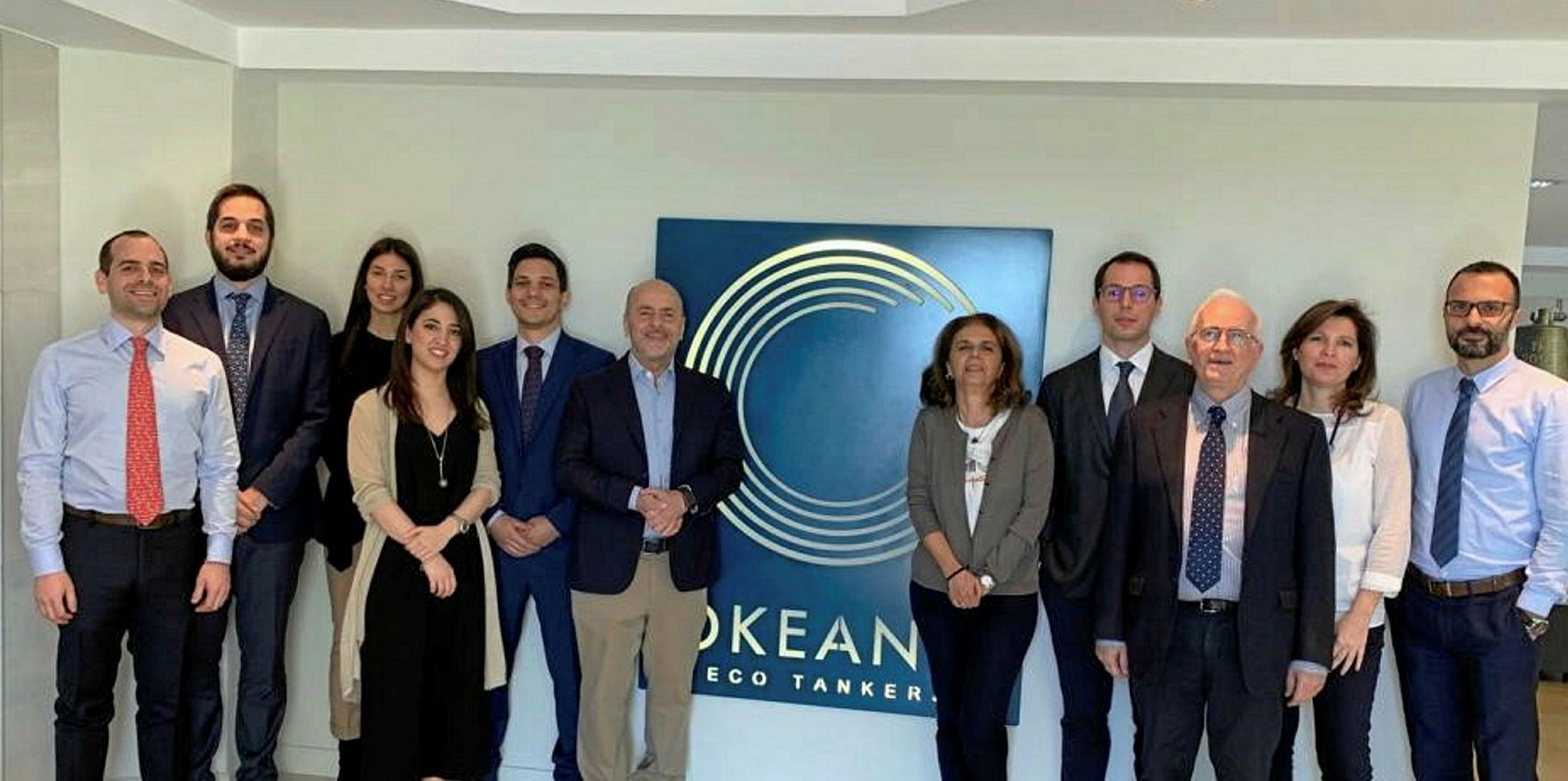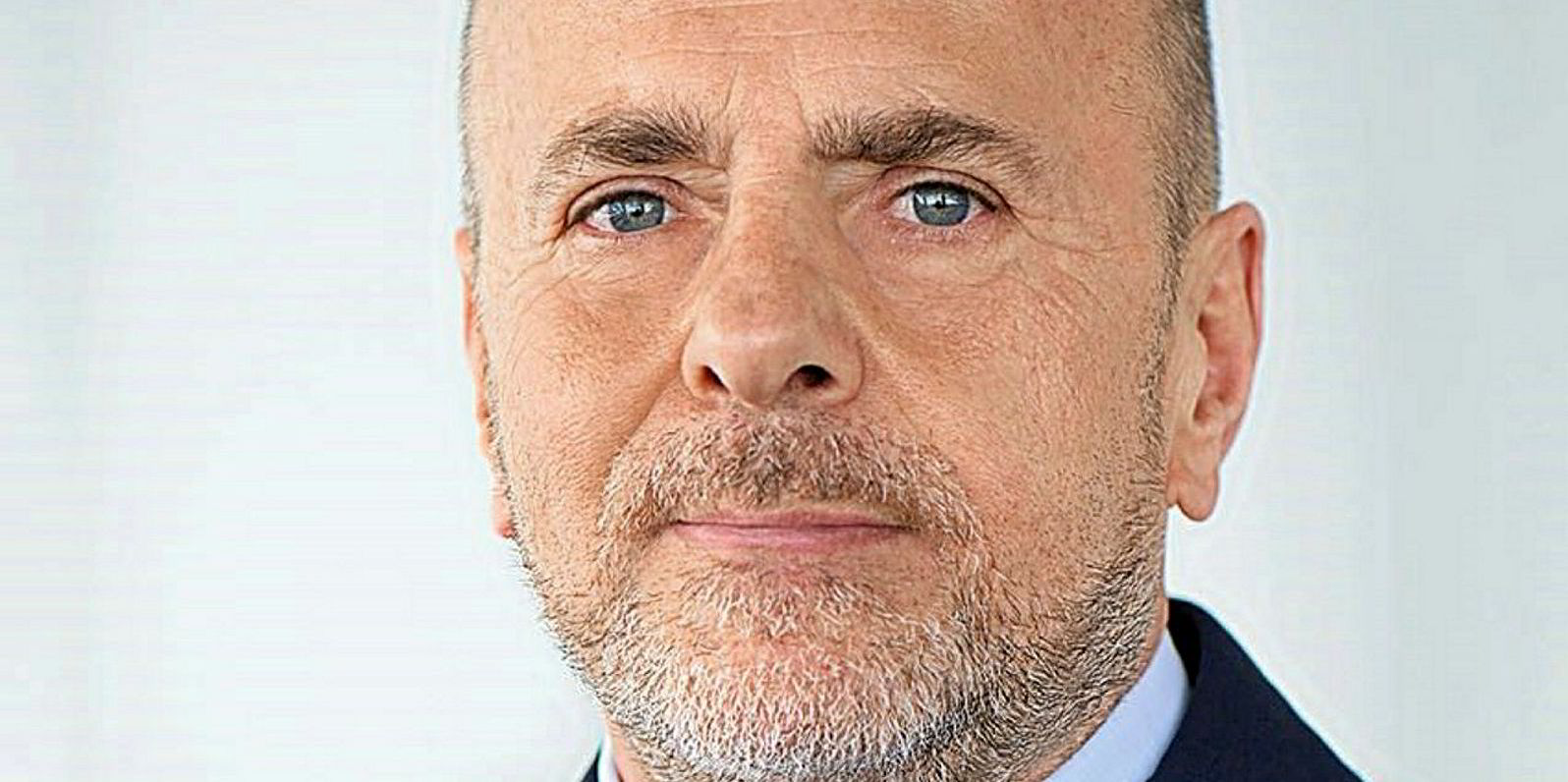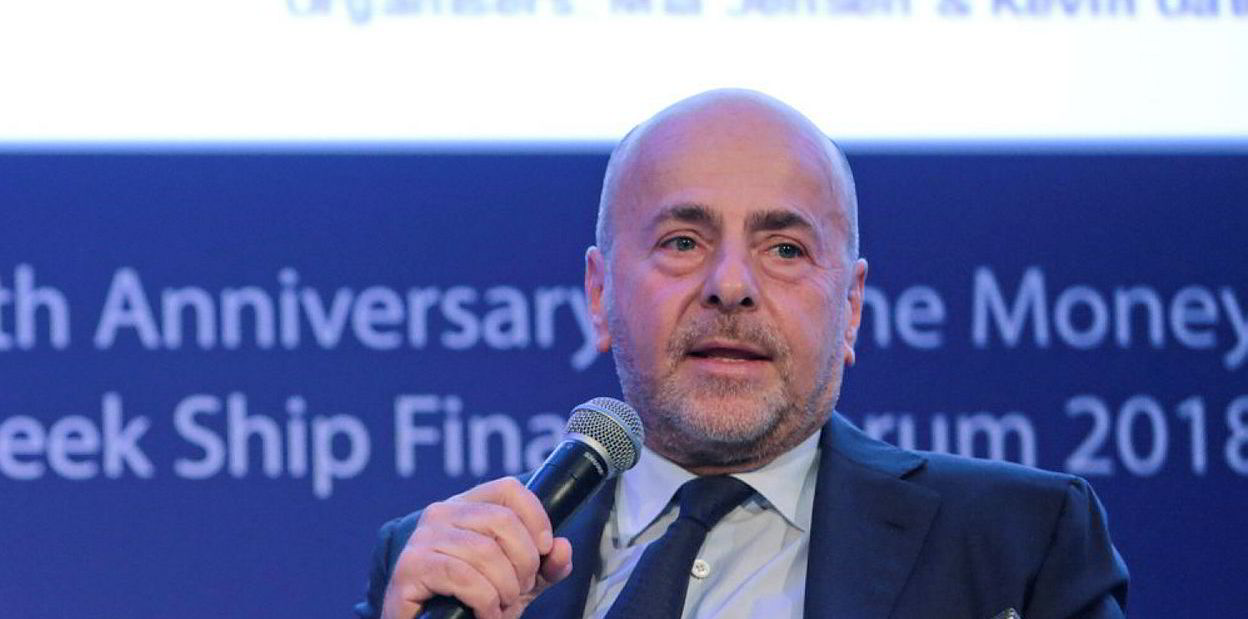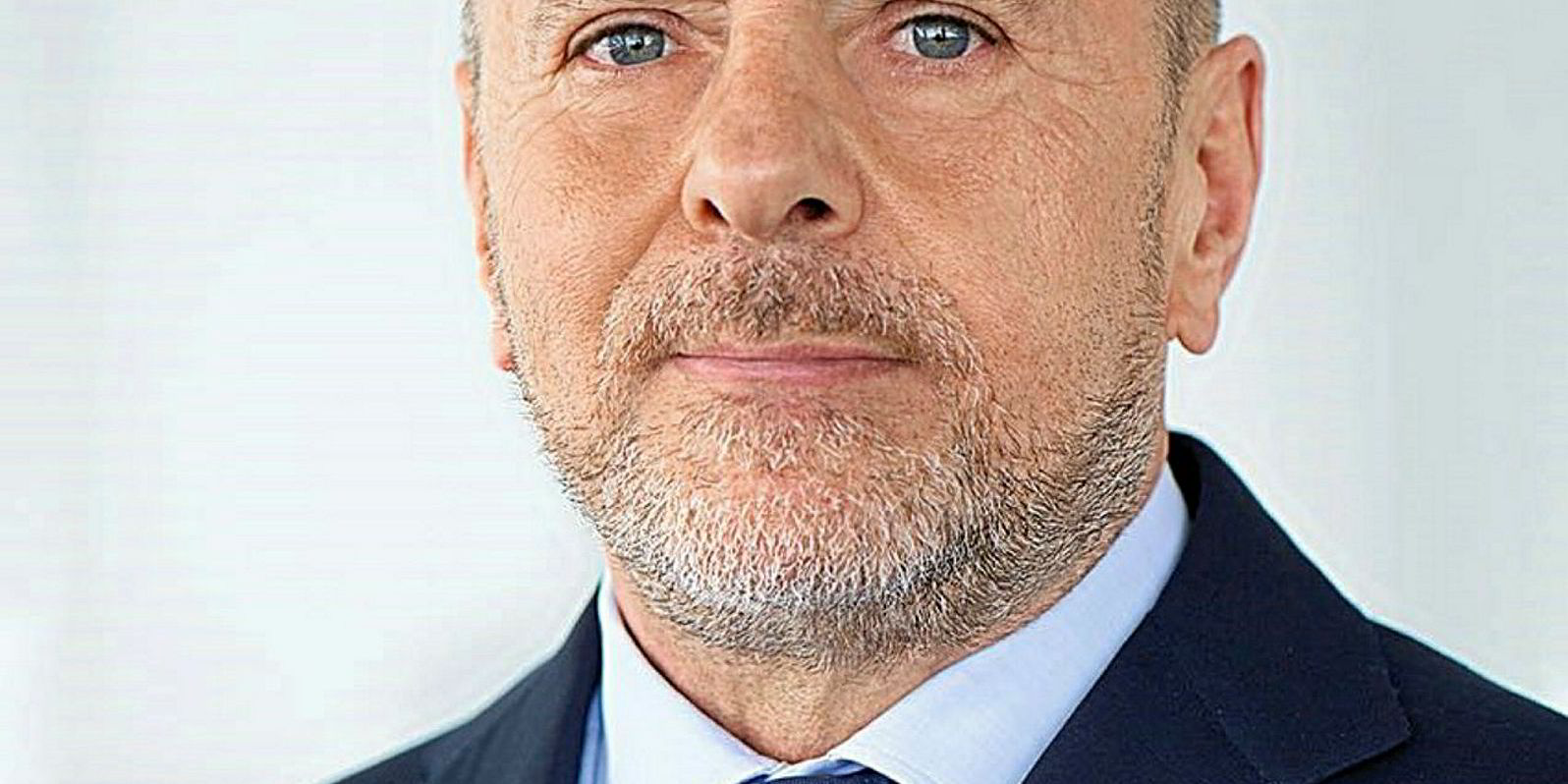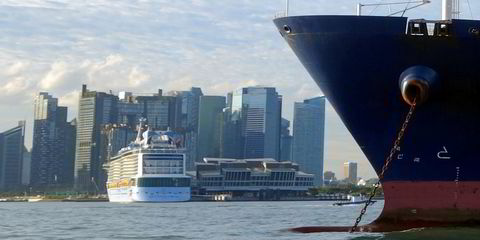Crude tanker asset prices have significant scope to rise further this year as the market ratchets up for an anticipated upcycle in 2020, a leading Greek shipowner says.
Aristidis Alafouzos, chief operating officer of Okeanis Eco Tankers, notes values are up over 10% since the company went public last June and have further to go.
“We think, given the potential of the market over the next few years, asset prices have significant upside,” Alafouzos told TradeWinds.
“I’m a bit surprised we have not seen further increases on modern eco tonnage as well as newbuilding prices in the past few months.”
Okeanis expects crude tanker rates to push up in the second half of this year, with Alafouzos suggesting ship prices will climb with the market in the third and fourth quarters.
He also expects the pending merger of the world’s two largest shipbuilders to support the trend.
“The news out of the yards is quite positive, with DSME and Hyundai merging. I think that will also be a factor on asset prices,” Alafouzos said.
Okeanis listed on Oslo’s Merkur Market last summer and yesterday received approval to upgrade to the Oslo Axess.
The [scrubber] ban, although on a cosmetic level might seem bad to someone reading a newspaper report, in actual fact in financial terms for Okeanis there is no effect.
Aristidis Alafouzos
The upgrade comes at a time Okeanis is preparing to take delivery of the first ships in an eight VLCC newbuilding programme.
The first tranche of ships have contract cover, but the spot ships will begin to deliver from August.
“We are excited to trade them in the spot market in the second half of the year,” chief financial officer John Papaioannou said.
Tight market
The executive said the fourth quarter upturn in crude tanker rates showed the underlying strength in the market, suggesting it displayed “more fundamental tightness” than had been indicated by rates earlier in 2018.
Papaioannou says Okeanis has a conservative view on rates for the next couple of months. This is due to the arrival of IMO 2020 rules dictating an above average refinery maintenance season.
“We think refinery maintenance will peak in Asia and China in May. You have a front-loaded newbuilding delivery schedule this year and the continued impact of Opec+ cargoes not being there weighing on the market a little bit in the first half,” he said.
'Exciting' demand prospects
However, in the second half of 2019 there will be a higher demand for heavy sour crude to produce middle distillates that will be in demand as a result of IMO 2020, Papaioannou explained.
“Basically those barrels have to come from Opec. We don’t know when, but we do think within the next year certainly, and perhaps sooner than that, that Opec returns,” he added.
With roughly two barrels of crude required to produce one barrel of marine diesel oil (MDO), Papaioannou says Okeanis is really excited about the seaborne demand that will be created.
Scrubbers, cosmetics and 2020 disruption
Okeanis was the first crude tanker company to go all in with scrubbers for its fleet. The kit will be fitted on all eight VLCCs as well as its three aframax and four suezmax tankers before the start of 2020.
Alafouzos is not concerned by bans on open loop scrubbers imposed by some ports and regions.
“The entire benefit of the scrubbers for us is computed sailing in the open ocean and not entering ports or while in ports,” he said.
“The ban, although on a cosmetic level might seem bad to someone reading a newspaper report, in actual fact in financial terms for Okeanis there is no effect,” he added, pointing to the latest Japanese study which shows scrubber discharge does not have a negative impact on the environment.
Come 2020 Okeanis will have shifted from having over 60% of its fleet on time charter to around 70% spot exposure.
“For us it was important to establish the scrubber position before 2020,” said Papaioannou.
“Nobody really knows how disruptive it will be and how long it will last.
"But we feel there will be some disruption and if your payback period is a reasonable number the scrubbers will generate the required return to justify the investment.”
Papaioannou says Okeanis is content with its fleet and the entry point established with its VLCC investments, making further investments unlikely.
"We are quite happy with the position and from here looking at further growth – we look at everything and monitor every opportunity – but its hard to find opportunities that are better relative to our standalone position," Papaioannou said.
"So, we are happy to play the cards we have in our hands now."
